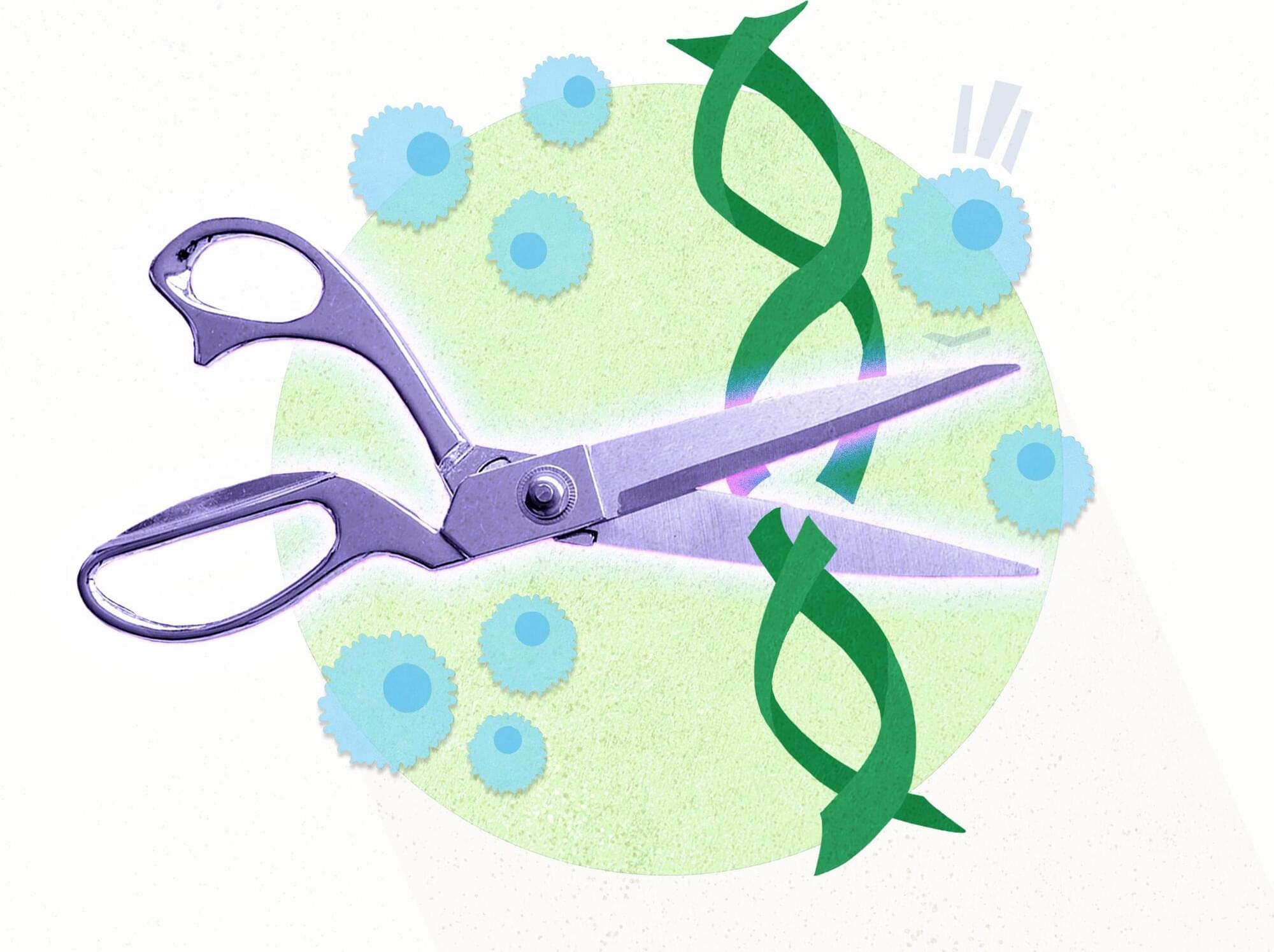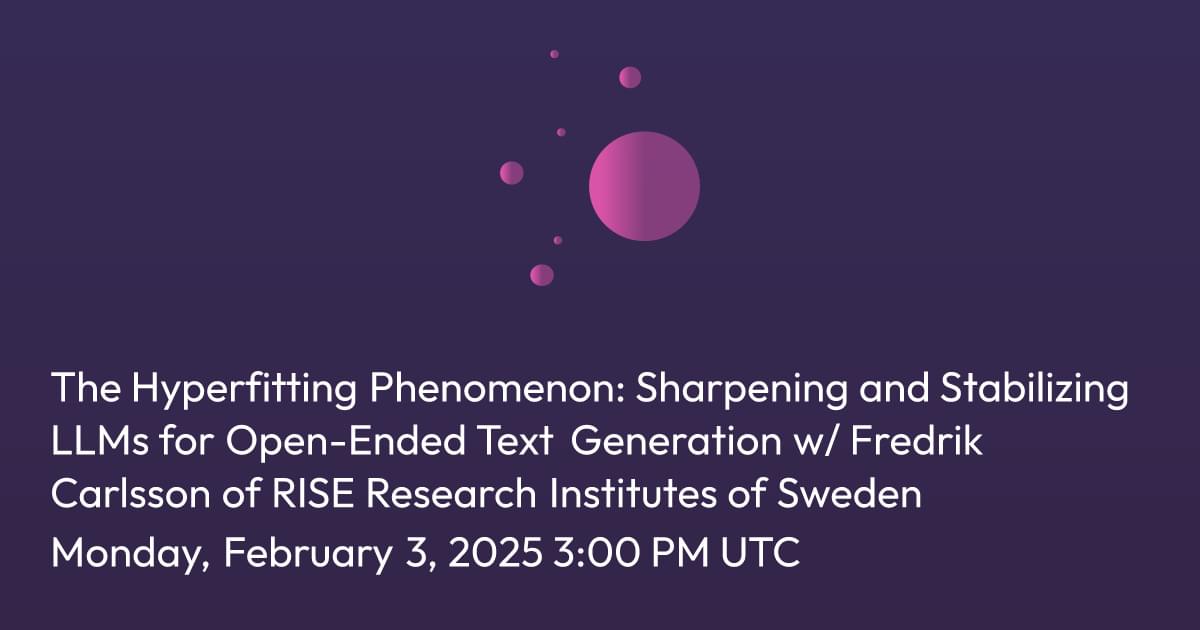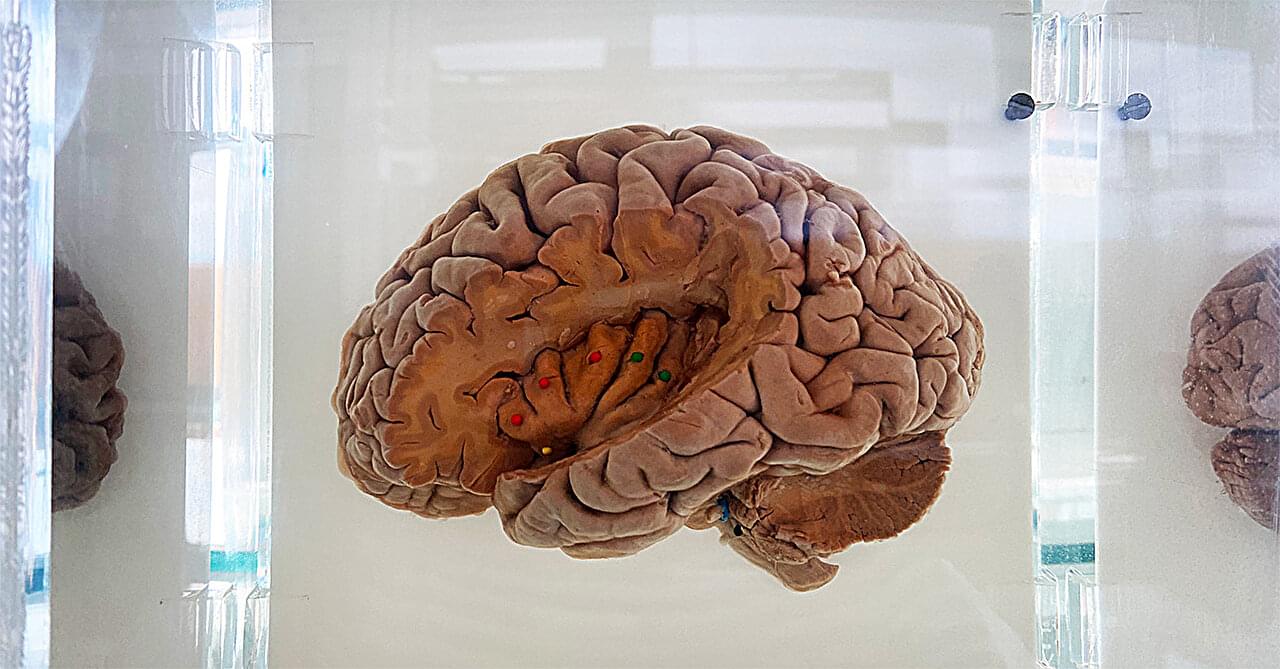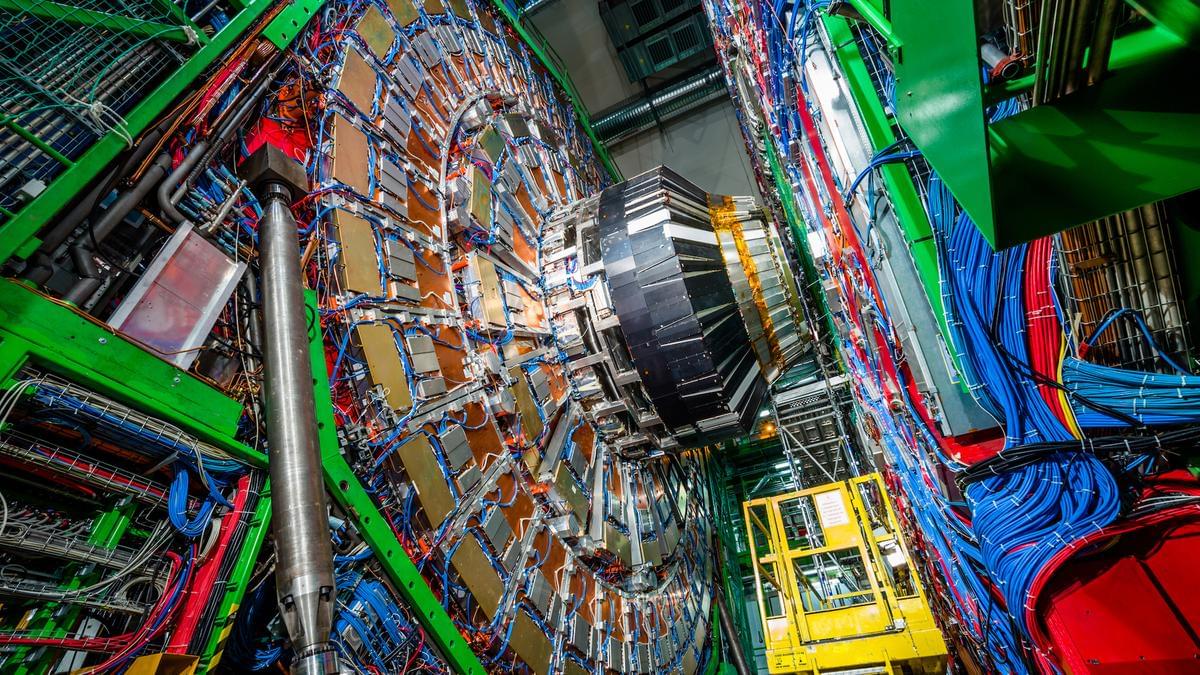Whether we are ready or not, neuro-tech is about to cause a radical social shift that will change our understanding of the mind and our very conception of reality. Telepathy, or even a super humanity based on a symbiotic relationship with artificial intelligence, will no longer be a dream.
This documentary revisits the history of neuroscience and explores the frontiers of this groundbreaking field. It introduces technological advancements that come with catastrophic risks, which is why experts are advocating for the Neuro-Rights — regulations that ensure the privacy of our conscious AND subconscious.
——
Chapters.
▷ 00:00 – Intro.
▷ 03:02 – The enigma of human brain.
▷ 07:36 – Why neuroscience.
▷ 10:27 – Merging with the digital.
▷ 12:53 – Neuro-Revolutions: the 90s to today.
▷ 15:50 – From lab to real world (\.






